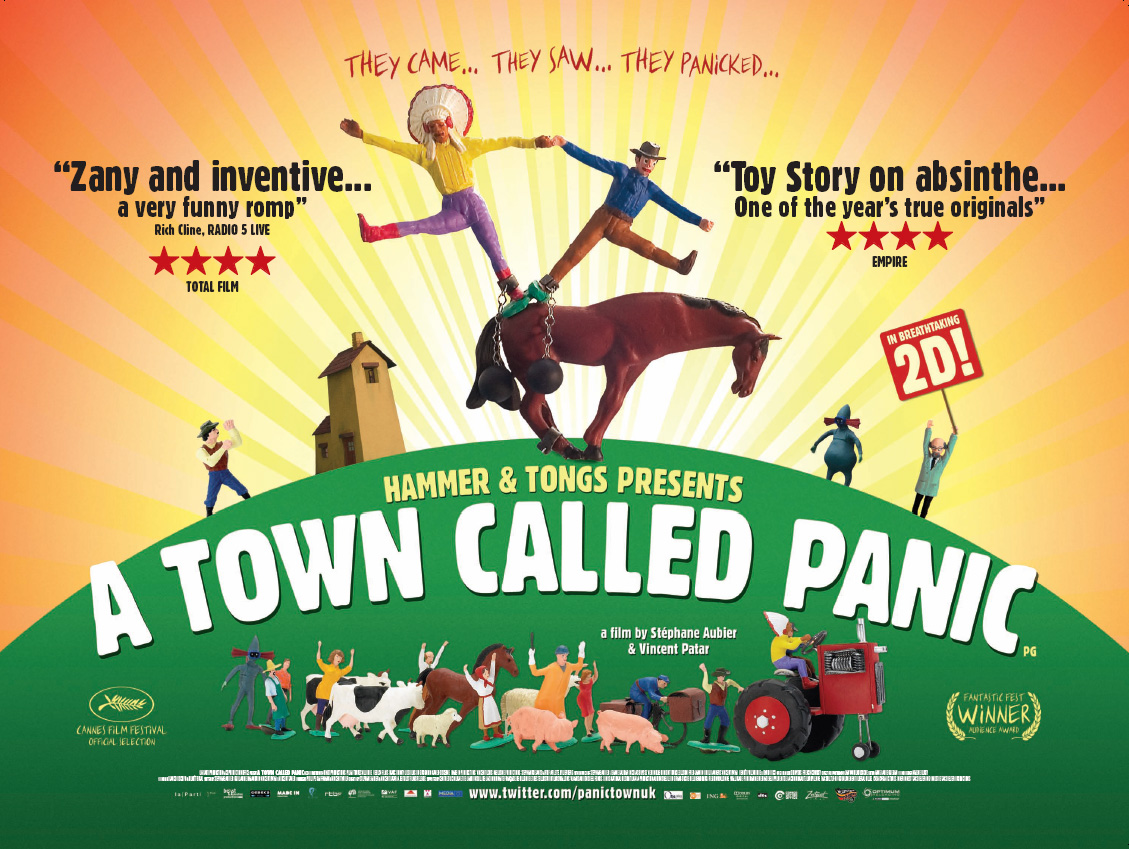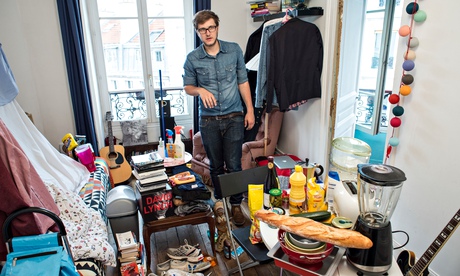
posted by Simon Kemp
You may have seen in the news recently that state-school students are said to be likely to do better in their university degree than independent-school students who start university with identical qualifications. The news is reported here, and you can find the original study, carried out by the Higher Education Funding Council for England, here.
The BBC gives the findings as follows:
The Higher Education Funding Council (Hefce) tracked 130,000 students beginning degrees in 2007, looking at schooling, background and ethnicity.
It found on some measures state pupils were significantly more likely to get a 2:1 than their private school peers.
Of those students who achieved ABB at A-level, some 69% of students from independent schools went on to gain 2:1 or a above compared with about 77% of students educated at state schools.
And at three Bs, 61% of independent students pupils got a 2:1 or above compared with 70% of state school students.
It’s not the first such study, but it is the biggest, and its findings confirm the results of earlier studies, including a 2009 study of Oxford admissions.
The first question, if you are currently a student at a UK state or independent school and worried about your chances of getting to university, is: what does this finding mean for you as an individual?
The answer to that question is: nothing. It has no significant bearing on the likelihood of you personally getting into the university of your choice, and no impact on the likelihood of you doing well in your degree once you get there. It’s a large-scale study, looking at over a hundred thousand students, and extrapolating from that data that the performance of the average state-school student at university may exceed that of the average private-school student with the same grades.
You are not an average student.
In fact, nobody is: it’s a mathematical construct, obviously. And there’s nothing very useful you can infer from it about your own particular case, no matter what kind of school you may be attending.
What the study will do, though, is reopen the debate about whether universities should use ‘contextual data’ about applicants’ backgrounds in their admissions process, along with qualifications acquired and predicted grades, to decide whether to offer a place. As we’ve already talked about here, Oxford already takes into account a great deal of information beyond your qualifications in deciding who to offer places to, including (in modern languages) personal statements, schoolwork, language tests, and interview performance. Among this extra information is precisely this contextual data, and has been for some years now. Here’s the university’s official statement on the topic.
With every UCAS form that comes in for a UK student, I’m told what kind of school you attended (state or private, comprehensive, grammar or sixth-form college), and I’m also told whether that school performs better or worse than the UK average at GCSEs and at A-level or equivalent. The forms ‘flag up’ below-average schools in either category, to show if your grades are outperforming those of your peer group. I also know, provided you’ve opted to disclose this information, if you have a disability of any kind (about which you can give details on the form), and whether you’ve spent time in care. The form will also tell me if the postcode of your home address indicates that you may come from an area designated ‘moderate means’ or ‘hard pressed’ economically, or if people from your area generally have low participation in higher education.
The university’s policy states that, if your predicted grades and your performance on pre-interview tests suggest there’s a possibility you may be able to get a place, then candidates flagged for postcode and school performance, or candidates flagged as having been in care, are strongly recommended to be invited to interview, and admissions tutors must explain to their departments if there are any exceptional reasons why they might not do so.
It’s not, however, the university’s policy to make lower offers to some candidates on grounds of school type or contextual data. In modern languages, all candidates who successfully pass the admissions process are given an offer of AAA at A-level or equivalent for other sixth-form qualifications. Should you happen to miss your offer by a small margin, though, we do at that stage reopen your application file and re-examine all the data we have on you, including the contextual data, to see whether at that stage there might be grounds for relaxing the requirements. In my personal experience as an admissions tutor, on several occasions in the recent past, there have been.
There’s obviously much to be debated on the rights and wrongs of Oxford’s policy on admissions, and on how well it works, and I’m sure some of that will be spread across the media in the wake of this report. But I thought it would be useful to lay out the basic facts of our approach, so you can at least see how we go about looking for academic potential, wherever it might be found.



